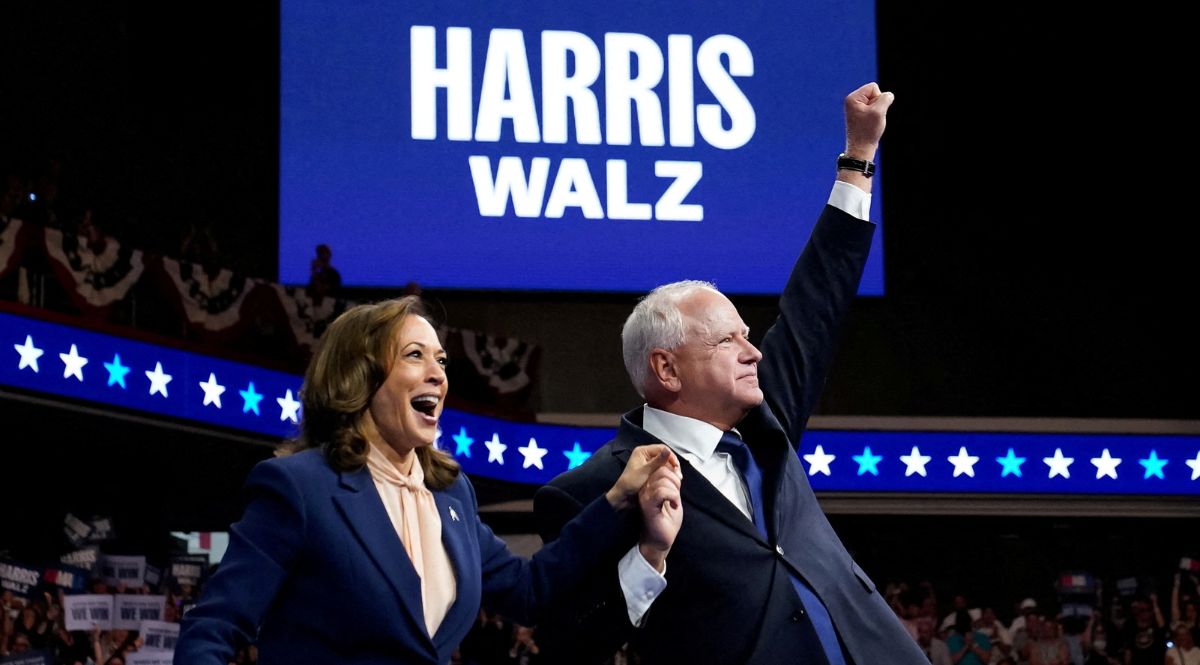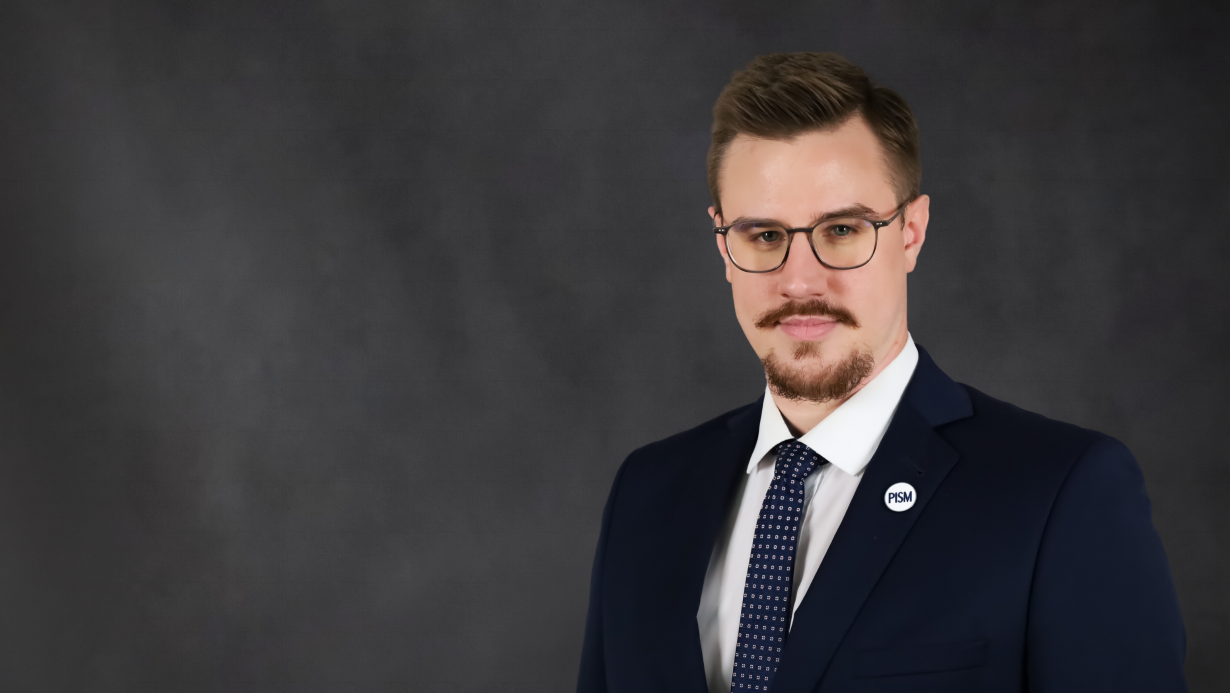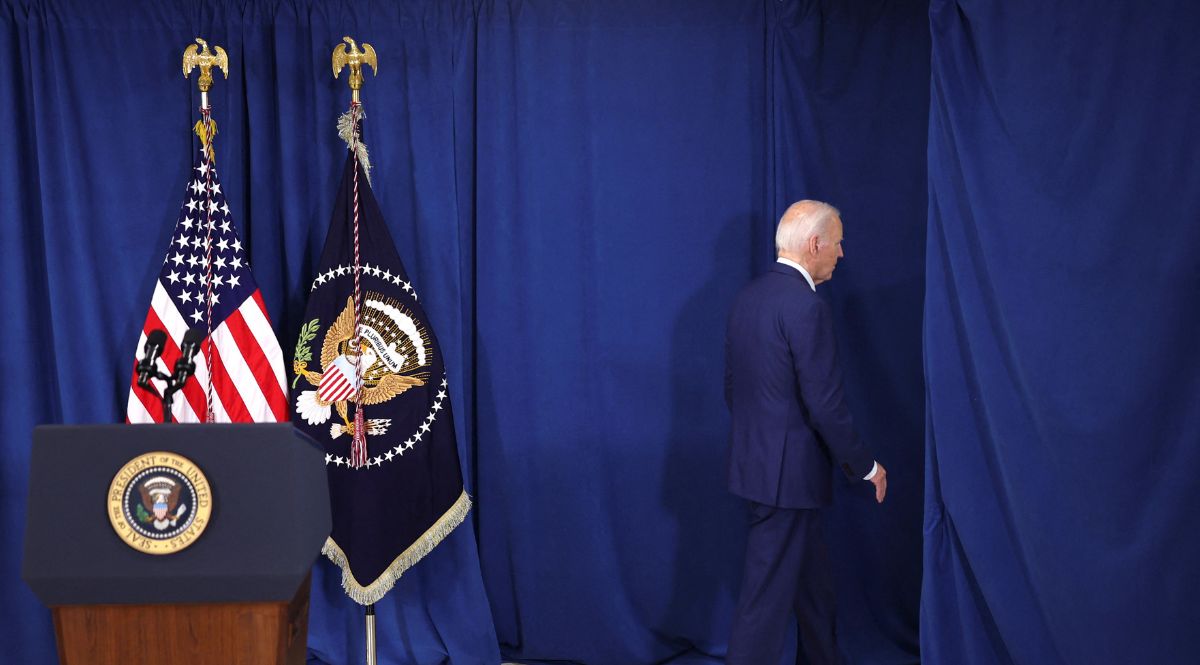Harris Picks Walz as Running Mate for Vice President
On 6 August, Kamala Harris announced that Minnesota Governor Tim Walz will be her candidate for vice president. Walz’s political views and extensive achievements both at the federal and state levels, including in the area of social policies, will be important factors that may help convince undecided voters in key “swing” states to support Harris’ candidacy. The selection also indicates that under a potential Harris-Walz administration, the U.S. will intensify progressive domestic policy while maintaining active cooperation with partners and allies in foreign affairs.
 Elizabeth Frantz / Reuters / Forum
Elizabeth Frantz / Reuters / Forum
Who is Tim Walz?
Walz was born in 1964 in Nebraska and has lived in Minnesota since 1996. He served in the U.S. Army National Guard for 24 years (1981-2005). After the terrorist attacks against the U.S. in 2001, he was deployed to Europe for six months during Operation Enduring Freedom. Walz was a high school social studies and geography teacher who taught in Nebraska and Minnesota. He also participated in a non-governmental English teaching program in China for a year and co-organised summer study trips for high school students to that country. From 2007 to 2019, he was a member of the U.S. House of Representatives serving, respectively, on the Agriculture, Transportation and Infrastructure, Armed Services, and Veterans Affairs committees (where he was the Democrats’ ranking member from 2017 to 2019). Since 2023, he has been serving a second term as the governor of Minnesota. Walz is a member of the progressive Democratic-Farmer-Labour Party (DFL), which is active only in Minnesota. The party calls for broad support for social programmes, for example, in the fields of healthcare and trade union issues. At the national level, DFL is closest to the progressive wing of the Democratic Party.
What does Walz’s selection mean for the Harris campaign?
Walz’s potential candidacy was supported most by progressives and interest groups like labour unions. His selection confirms that Harris and her staff want to be active in a more pro-social policy direction. Walz has introduced several large reforms in Minnesota in recent years, such as paid child-care leave, free school meals, and funding for higher education for the underprivileged, all largely seen as progressive policy achievements. His task will be to convince undecided voters of the benefits of such policies. His candidacy also enables more effective outreach to voters in rural areas, veterans, and the working middle-class from the so-called Rust Belt states in the northeastern U.S. It also strengthens Harris’ voice in favour of expanding reproductive rights and restricting access to firearms.
What role will Walz play as vice president in a possible Harris administration?
Walz’s experience as governor was one of the main arguments for his candidacy. While in office, he demonstrated the ability to govern effectively in a circumstance in which his party controlled the state legislature as well as in cooperation with the state’s Republicans. For this reason, Walz will not only be an important voice in domestic affairs but also he will be entrusted with political issues that have thus far been either difficult or unpopular to solve. Key among them is securing the U.S. border with Mexico and resolving irregular immigration. During his time in the House of Representatives, Walz also developed the reputation of a politician open and ready for bipartisan cooperation. His connections from his time in office, along with his popularity among progressives, may mean that he will play the role of negotiator for a Harris administration’s flagship projects that require cooperation with Congress. At the same time, there is little risk that he will have ambitions to pursue independent policy that weakens Harris’ authority or leadership.
What are Walz’s views on key U.S. foreign policy issues?
In foreign policy, Walz will strengthen the probability of the U.S. correcting its approach to Israel and the war with Hamas. He supports a ceasefire and an increase in the flow of humanitarian aid to the Palestinians. In the past, he opposed increasing the number of U.S. troops in Iraq and supported their withdrawal. He was an opponent of U.S. airstrikes on Syria carried out during the Obama administration, and he advocated for limiting U.S. support for Saudi Arabia in the war in Yemen. As a congressman, he participated in the work of the congressional executive commission on China, monitoring and reporting on human rights and rule-of-law issues. At that time, he co-authored draft legislation that referred to violations by Chinese authorities in these areas. He also questioned the free market approach to international trade, opposing agreements with Peru, Panama, and Columbia (which were ultimately concluded) and the Trans-Pacific Partnership (TPP) negotiated by the Obama administration, from which the U.S. withdrew under President Donald Trump. In a joint statement with the governor of Ohio, he condemned Russia’s full-scale invasion of Ukraine, calling for bipartisan cooperation and federal support to help Ukraine and hold Russia accountable. The practical aspect of his support for Ukraine is the agreement he signed in February 2024 on agricultural cooperation between Minnesota and the Chernihiv Oblast.




.png)

